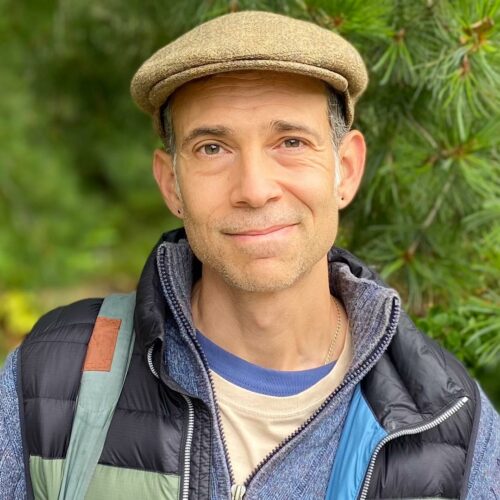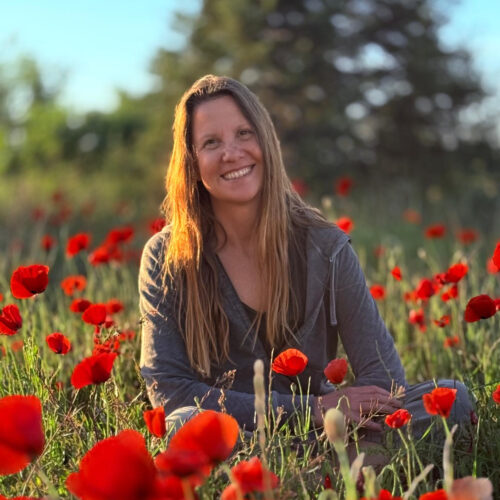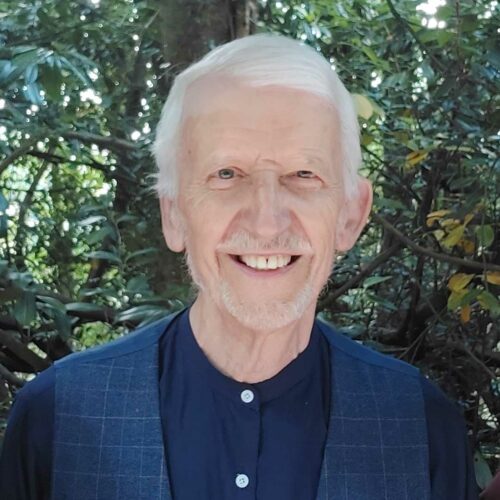“The World is its Own Magic” – Suzuki Roshi
As we practice and our understanding deepens, we’re often surprised by paradox. We begin to discover what the Laṅkāvatāra Sutra pointed to: Things are not what they seem… Nor are they otherwise. We intuitively know that there is more to life/reality then the usual, the familiar and the ordinary. Part of what draws us to spirituality is an inherent understand that this ordinary reality is true and it is the ground of the extraordinary. We’ll look, examine, and see what we experience and what’s experiencing our experience as we practice together. It might be possible to see if when we’re present and aware, life is its own magic.






Discussion